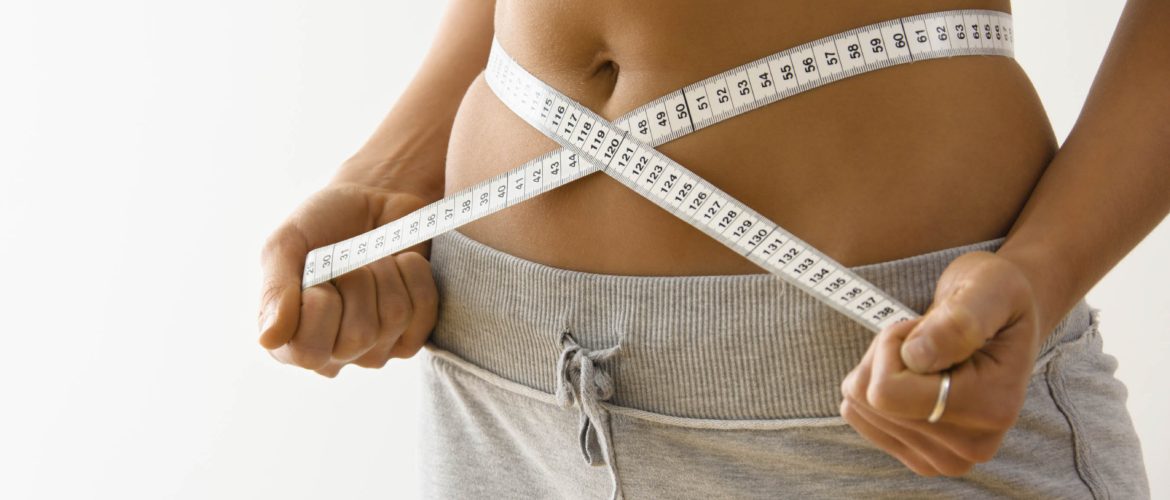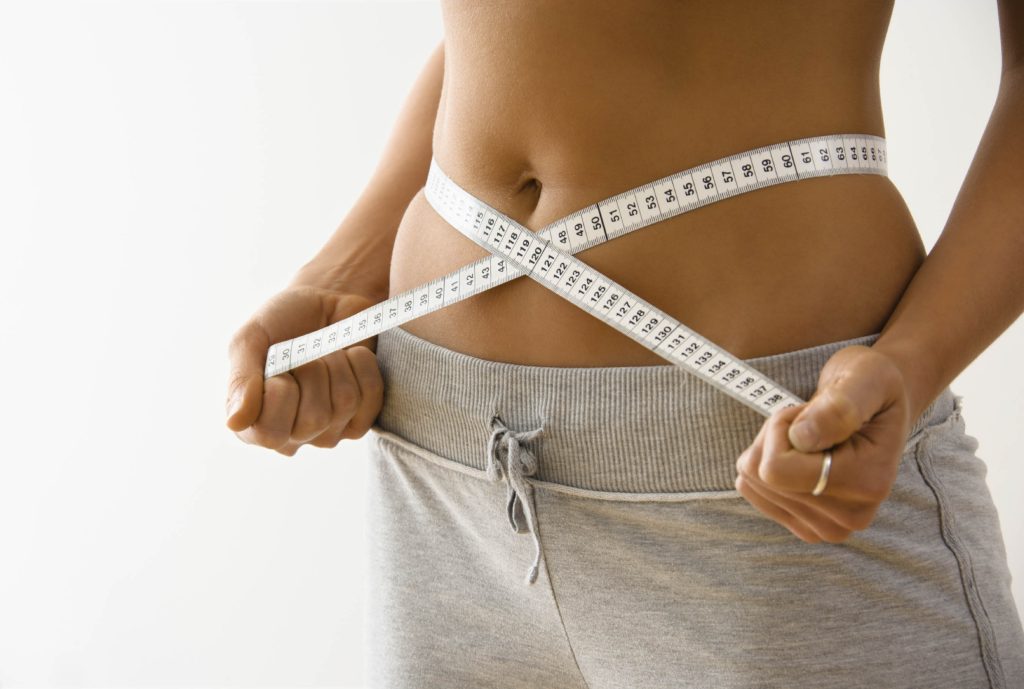From Atkins to Paleo, low-carb diets are all the rage. Touted as the best thing since sliced  bread, low-carb diets are credited with everything from weight loss to curing acne, but are these high fat, high protein diets really the answer? Carbohydrates do cause high blood sugar and modern baking methods flood the body with gluten, but cutting carbs out completely is probably not the long-term answer to weight loss and other health issues.
bread, low-carb diets are credited with everything from weight loss to curing acne, but are these high fat, high protein diets really the answer? Carbohydrates do cause high blood sugar and modern baking methods flood the body with gluten, but cutting carbs out completely is probably not the long-term answer to weight loss and other health issues.
Are low-carb diets bad for me?
At first the low carb high fat (LCHF) diet seems brilliant as you pile your plate with bacon and cheese and slather your veggies in butter. You get to eat foods traditional diets would balk at and you lose weight as well. Not only are you slimmer and trimmer, you also start to notice that your blood pressure drops, triglycerides (blood fats linked to heart attacks) and cholesterol are reduced and you may feel more energized. But before you give your grains and pastas the boot, there are some things your low-carb gurus aren’t telling you.
Why you need carbs to function optimally
Experts advise that between 45 and 65% of your daily calorie intake is made up of carbohydrates. With most low-carb diets, experts claim you should only eat around 20 grams which makes up only 8% of your daily intake. With such a deficit in your diet, your body compensates by burning muscle tissue to get to the glycogen (stored glucose) found in muscles.
Your body can burn only so much muscle tissue and then it has to resort to burning body fat. This sounds like a great idea, but it’s a very inefficient way to produce the blood sugar that your body usually gets from carbs. Burning body fat also produces ketones. When these flood the body, you will begin to experience bad breath, fatigue, dizziness, headaches and nausea.
Your brain runs on carbs too; the Institute of Medicine of the National Academy of Sciences estimates that your brain needs at least 130 grams of carbohydrates per day to function optimally. When you aren’t feeding your brain, you may have trouble concentrating and remembering things.
Does this low-carb diet make me look fat?
Muscle tissue burns calories and while you may experience some initial weight loss on low-carb diets, your metabolism will slow down as your body burns up muscle tissue. This often results in a return of the dreaded weight even when you stick to your low-carb diet.
As some diets even cut fruit, you may find that your heart health is put at risk. Cutting fruits and veggies and increasing the amount of meat and fats in your diet may increase the levels of “bad” LDL cholesterol in your body and homocysteine, an amino acid that increases the risk of heart disease.
What’s the solution?
The initial health benefits and weight loss experienced by a low-carb diet come as a result of cutting processed foods and sugar from the diet. As pizza crusts, cookies and hamburger buns leave the building the body rejoices, but soon the lack of necessary carbohydrates does more harm than good.
You can get all the same benefits while still enjoying all your favorite carbohydrates with some simple changes. Opt for organic whole grain foods rather than processed foods. Eat healthy snacks made from whole grains and fruit rather than cookies and doughnuts. Replace harmful fats with healthy ones like avocadoes, oily fish and organic olive oils.
To avoid all-long term problems that come with low carb diets, follow a balanced diet instead. Nothing that is of value comes easy and this is especially true with health. Our western mentality is that we want everything to be easy without paying attention to science and human evolution, especially when it comes to food.
A healthy lifestyle needs to include complete carbohydrates; low glycemic carbs that are a wonderful source of energy and nutrients. I suggest root vegetables, grains, legumes, and pods. I usually mix three of these together for a more nutritious meal.



